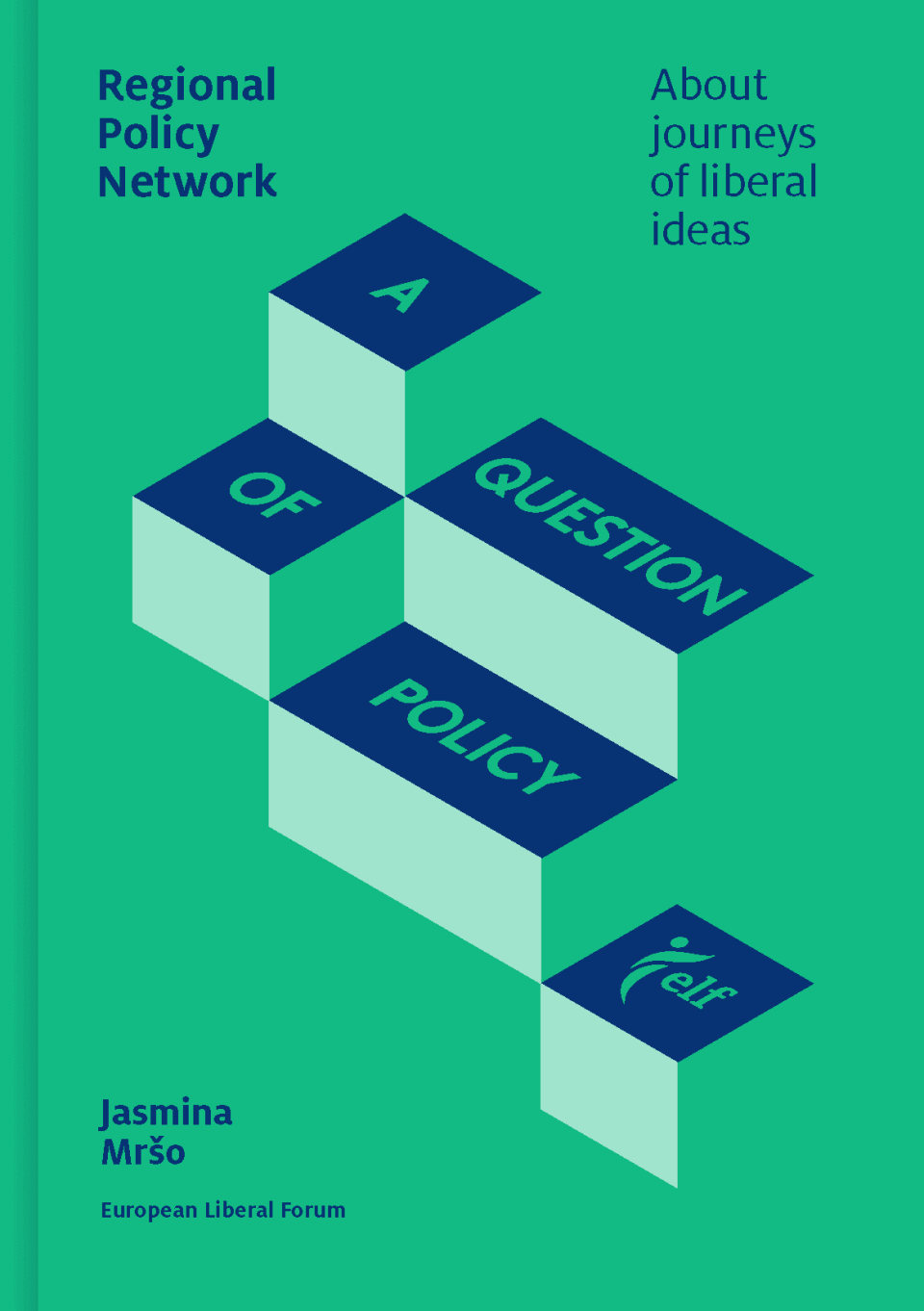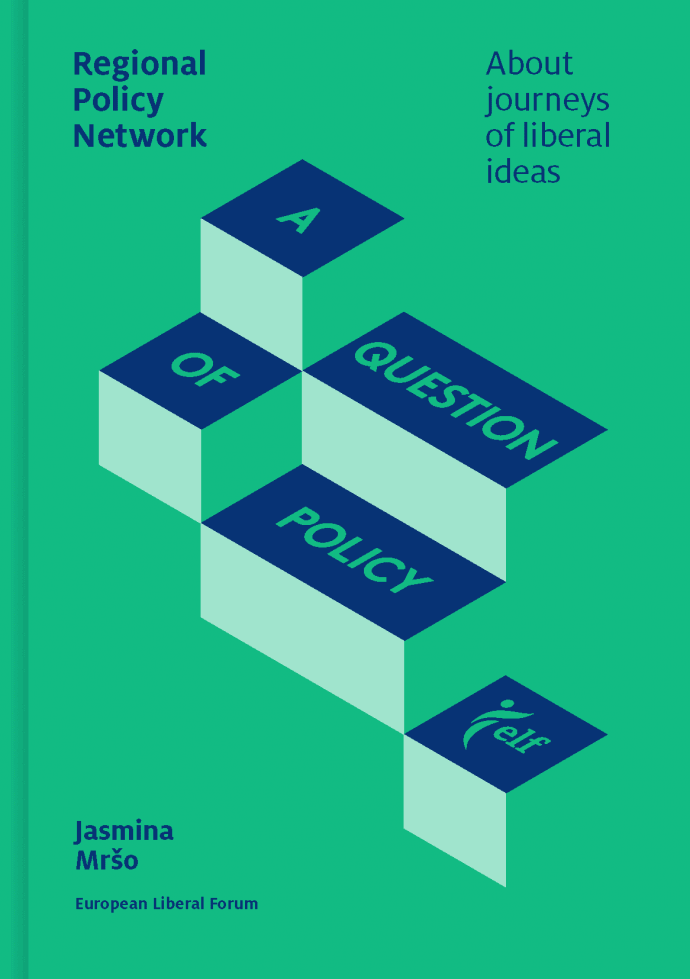Year: 2020
ISBN: 9789090341385
Author: Jasmina Mršo
When thinking about policy cycles from a liberal perspective and trying to de-fine what would the methodology of policymaking, applied by liberal political activists from different sectors, look like, one can conclude that it would be useful to have some of the best practices from liberals across Europe gathered in one handbook. Such a handbook can then be used as a guide on how to influence internal policy, as well as for finding the best approach for developing liberal policies and defining existing and potential roles in the process.
So, what would be the role of different groups of political activists, and what is, or could be, the role of liberal political foundations and think tanks in the policy-making process? Taking into consideration how Wilks and Wright ¹ tried to define the relationships and networks involved in policy cycles, by proposing a three-fold typology: policy universe, policy community, and policy network, we can start thinking about which groups inside a liberal political family would represent each of the aforementioned three. How so? According to Wilks and Wright, a policy universe is a large population of (potential) actors who share common goals and interests in industrial policy. A policy community involves (potential) actors with an interest in a particular industry who work with each other to mutual benefit. And a policy network would, according to them, represent a linking mechanism between policy communities.

